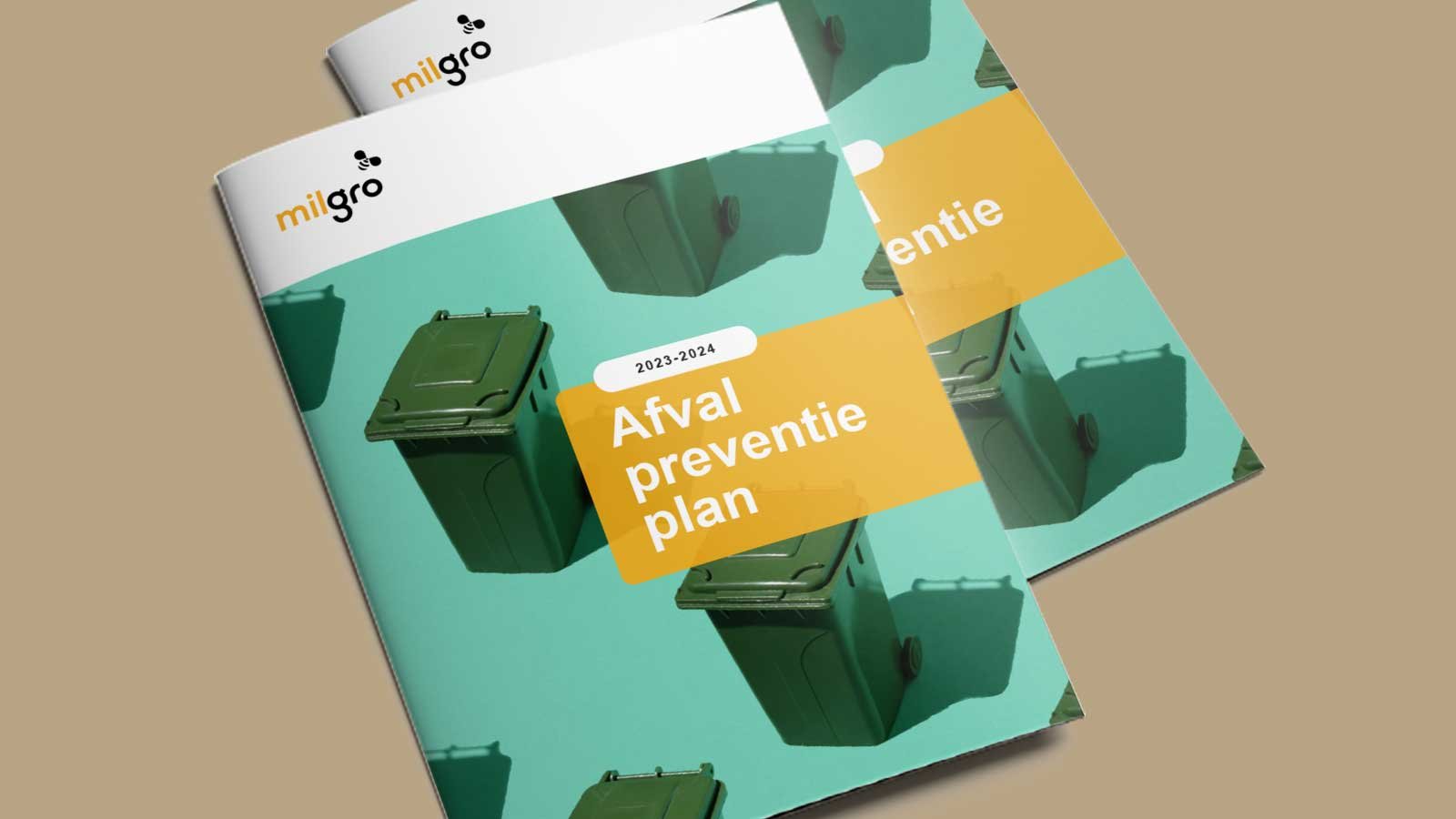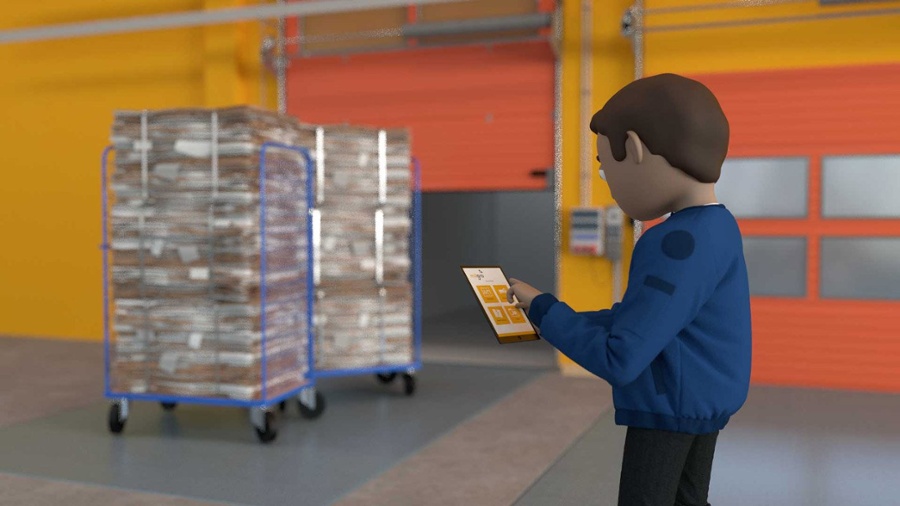Why a waste prevention plan is a must for obtaining certain permits from the competent authority
Businesses must meet more and more requirements in the area of waste. Recycling more and producing less waste is the ambition. But how does your company achieve this goal? A waste prevention plan provides indispensable insights and useful tools. In this blog we tell you why a waste prevention plan is an absolute must for companies.
What is a waste prevention plan?
A waste prevention plan is an important tool for companies and governments. It provides insight into the amount and composition of waste produced. In doing so, the plan can help reduce and recycle waste.
A waste prevention plan is required to obtain certain permits from the competent authority. Even as individuals, a waste prevention plan can help reduce or even prevent waste streams. In this way, we are all doing our part for a more sustainable future.

A waste prevention plan includes measures and recommendations to reduce waste streams. Consider, for example:
- Use less plastic packaging.
- Reuse materials instead of throwing them away.
- Implement recycling programs.
- Create compostable waste systems.
Why is a waste prevention plan necessary?
There are a number of reasons why businesses need a waste prevention plan:
- Legislation and regulations: with a waste prevention plan, you as a company meet set requirements, for example from the province. Dutch provinces are responsible for waste management.
- Permit application: some activities, such as an industrial process or construction project, require a permit from competent authorities. Depending on the nature and scope of the activity, a waste prevention plan may be a required part of the permit application
- Reduce waste streams: by identifying waste streams within operations, a waste prevention plan can help greatly reduce or even eliminate amount of waste.
- Cut costs: less waste, means lower costs for waste management and disposal. But also lower procurement costs due to reduced use of raw materials. This directly saves you costs as an organization.
- Estimating feasibility: assessing the feasibility of optimizations and improvements
- Protect the environment: waste prevention can contribute to a reduced impact on the environment. Lower production of waste, requires less energy and natural resources to manage and dispose of these streams. Thus, a waste prevention plan can help reduce your carbon footprint.
- Corporate social responsibility: a waste prevention plan shows that you as a company are involved and committed to corporate social responsibility. This has a positive effect on your image as a company and contributes to the loyalty of your employees and customers.
Waste prevention and the circular economy
In the transition to a circular economy, waste prevention is indispensable. Recycling and reusing materials ensure that raw materials stay in the economy longer and retain their value.
Starting a waste prevention plan
Creating a waste prevention plan begins with an analysis of current waste production. This involves asking questions such as:
- What types of waste do we produce?
- What is the amount of waste we produce?
- In which specific waste streams are changes possible?
To reduce waste production, it is necessary to set specific goals and actions. This way, changes are not only implemented, but you can also measure whether the adjustments are having the intended effect.
Components of the waste prevention plan
Milgro can assist in creating a waste prevention plan. To do this, we will work on the following components:
- Objectives: setting specific targets for reducing waste generation.
- Waste Scan: an analysis of which waste streams leave your company, including residual waste. This gives you insight into the composition and origin of the various waste streams.
- Waste Walk: an analysis of the entire process around all waste streams.
- Source-cause analysis: identifying why specific waste streams are created.
- Measures: how can waste streams be prevented? The waste prevention plan contains measures aimed at prevention and reuse of waste.
- Feasibility analysis and planning: how realistic are the planned goals and actions? By what deadline should steps be taken?
- Permit applications: If necessary, Milgro can support in obtaining desired permits.
- Monitoring and evaluation: an effective waste prevention plan is dynamic. Therefore, regular monitoring and evaluation must take place to ensure effective implementation.
Successful waste prevention
Successful waste prevention begins with involving all stakeholders in creating and implementing the plan. Employees, management and perhaps even customers can be involved in the process. This will increase your chances of successful waste prevention.
Getting started with a waste prevention plan
A waste prevention plan is an important tool for anyone involved in reducing waste. With the goal of creating a more sustainable future. The active involvement of stakeholders in establishing specific goals and actions contributes to success. Not only for reducing waste, but also for improving economic results and corporate image.

How to start a waste prevention plan?
Do you find it difficult to create a waste prevention plan and are looking for professional help? Milgro is here to support you in drawing up an effective waste prevention plan. With our years of experience and extensive expertise, we are able to develop a customized plan that suits your organization in a short period of time. Contact Milgro for expert advice on waste prevention and the creation of an appropriate waste prevention plan.
Stay informed
Stay up to date on all new developments? Follow us on LinkedIn or Instagram. Or subscribe to the newsletter. Are you curious about what Milgro can do for your operations and waste process? Contact us.











